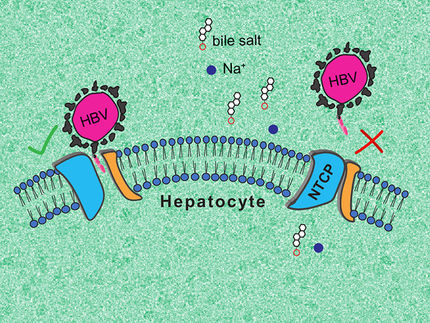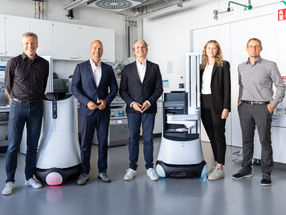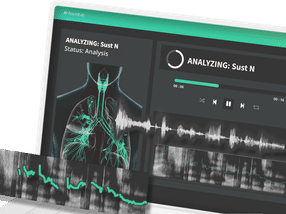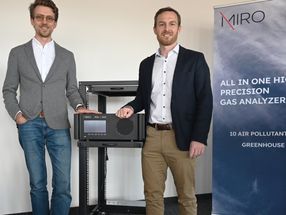Abbott Receives CE Mark for New Hepatitis Test
New Highly Sensitive Hepatitis Test Detects Mutant Virus Strains
Abbott announced it has received CE Marking (Conformité Européenne) in the European Union to market a new, highly sensitive diagnostic test for detection of hepatitis B surface antigen (HBsAg). The test is performed on Abbott's ARCHITECT® system.
HBsAg assays may be used to help identify acute and chronic HBV infections, to screen blood and blood products, and to aid in the diagnosis of infected pregnant women. Perinatal HBV transmission can frequently be prevented by immunizing the infant at birth.
"The hepatitis B virus is constantly evolving, and it is important to have a test that has the right sensitivity to detect different strains of the virus," said Dr. Thoai Duong Ly, biologist, Biomnis. "The new ARCHITECT hepatitis B surface antigen test is an important tool in helping to detect mutant strains of the virus."
The ARCHITECT HBsAg Qualitative II assay is intended to be used as an aid in the diagnosis of HBV infection and as a screening test for donated blood and plasma using the ARCHITECT immunochemistry system. It provides qualitative detection of HBsAg, which is the first serological marker after infection with HBV and appears in the blood between one to 10 weeks after exposure to the virus.
"Our research and assay development in hepatitis demonstrates the role advanced diagnostics technology is playing to enable clinicians to detect infectious diseases rapidly and accurately," said Brian Blaser, senior vice president, Diagnostics, Abbott. "Introduction of the new ARCHITECT hepatitis B surface antigen assay is another milestone in Abbott's 40-year history of achievement in hepatitis diagnostics."
Other news from the department research and development

Get the analytics and lab tech industry in your inbox
By submitting this form you agree that LUMITOS AG will send you the newsletter(s) selected above by email. Your data will not be passed on to third parties. Your data will be stored and processed in accordance with our data protection regulations. LUMITOS may contact you by email for the purpose of advertising or market and opinion surveys. You can revoke your consent at any time without giving reasons to LUMITOS AG, Ernst-Augustin-Str. 2, 12489 Berlin, Germany or by e-mail at revoke@lumitos.com with effect for the future. In addition, each email contains a link to unsubscribe from the corresponding newsletter.





























































